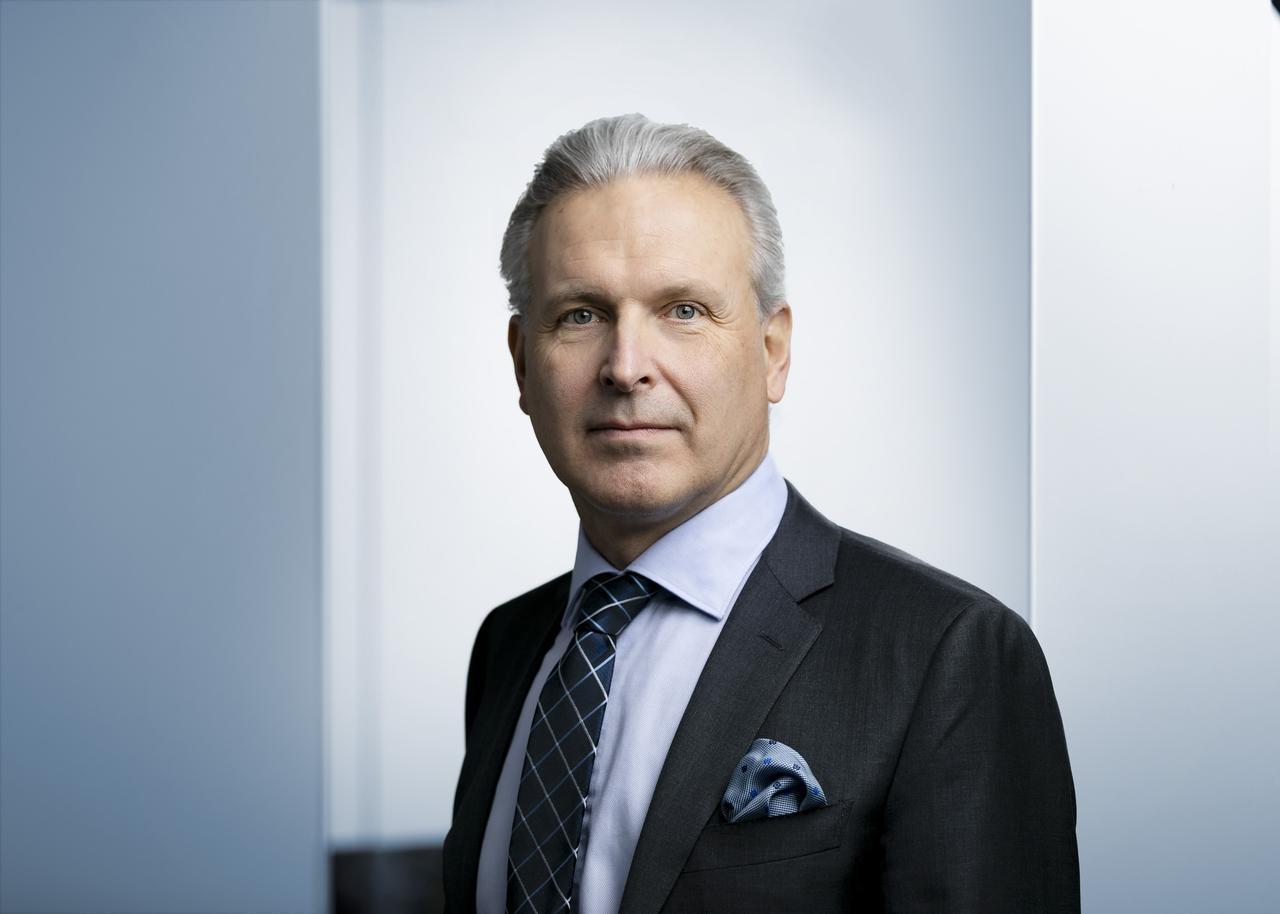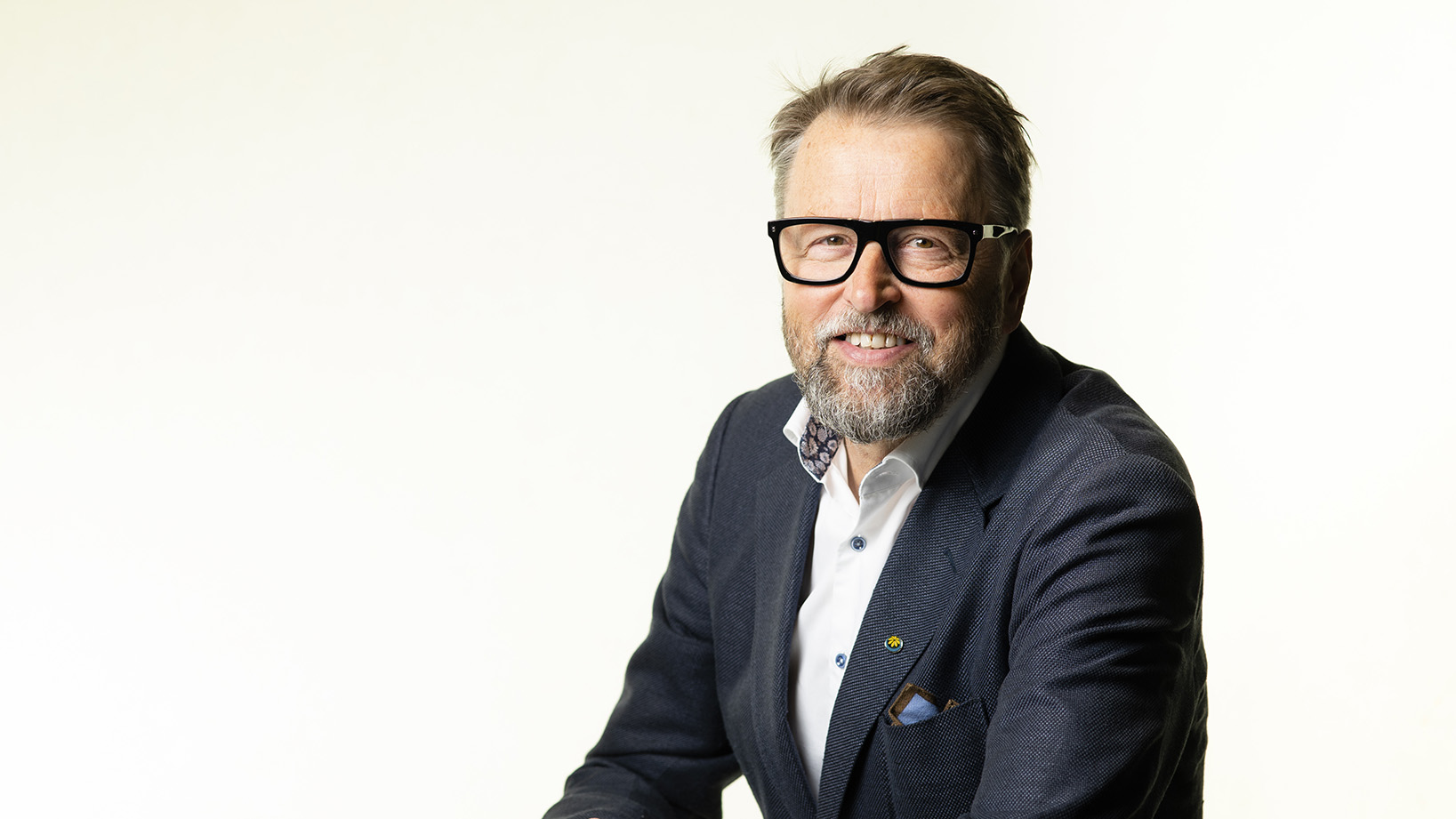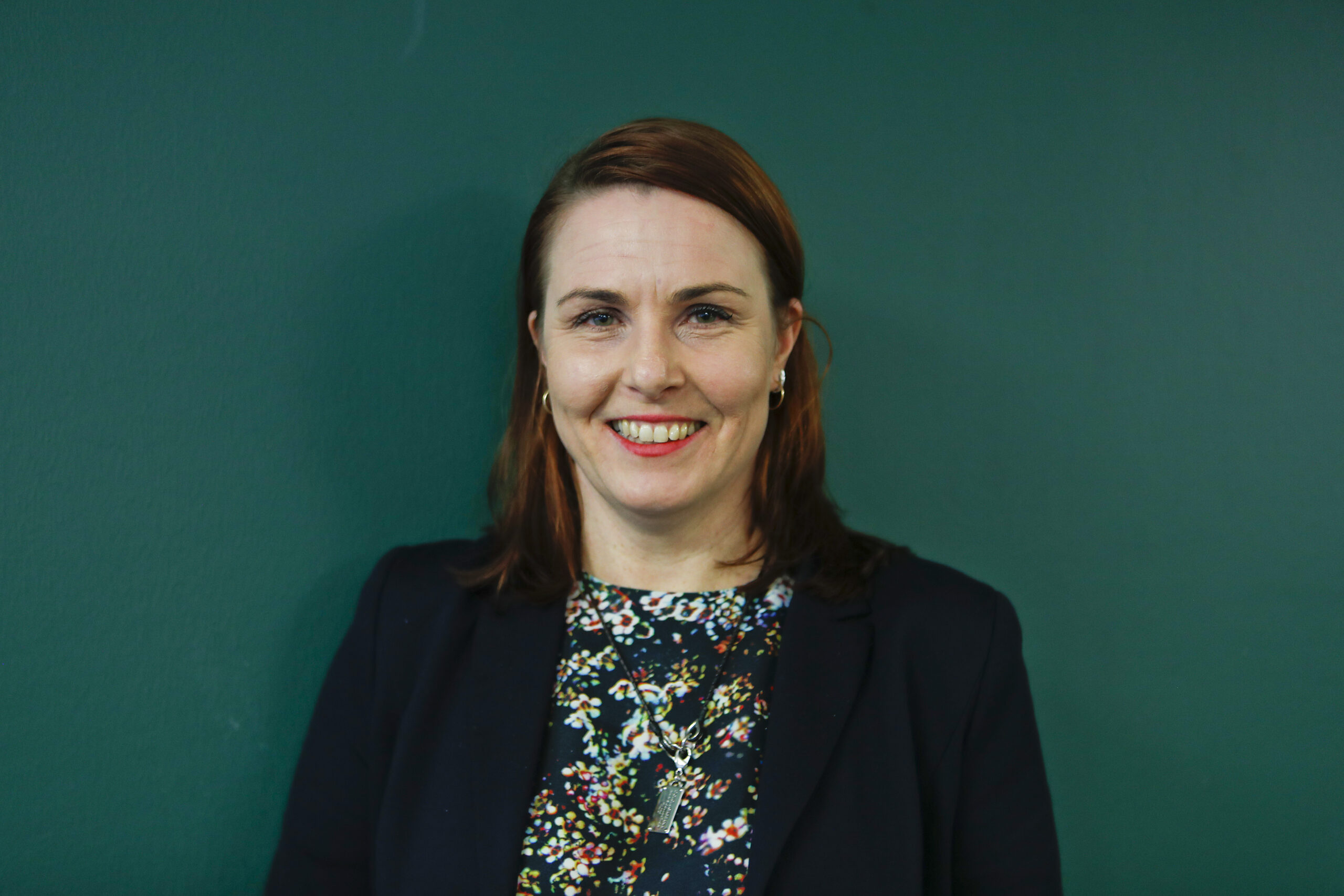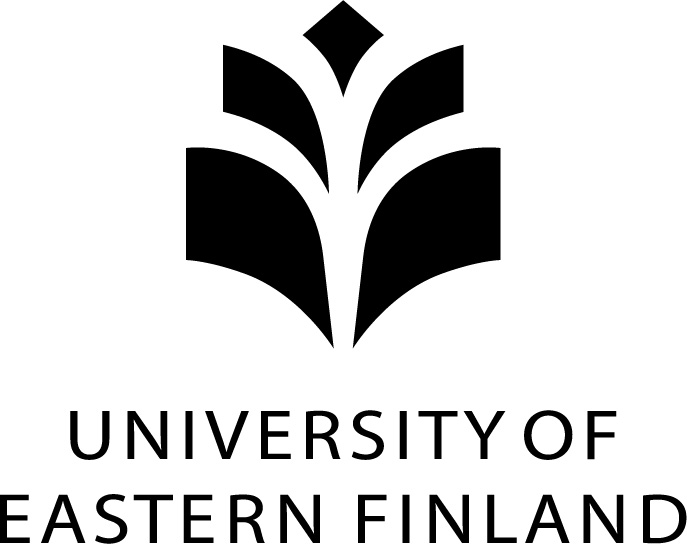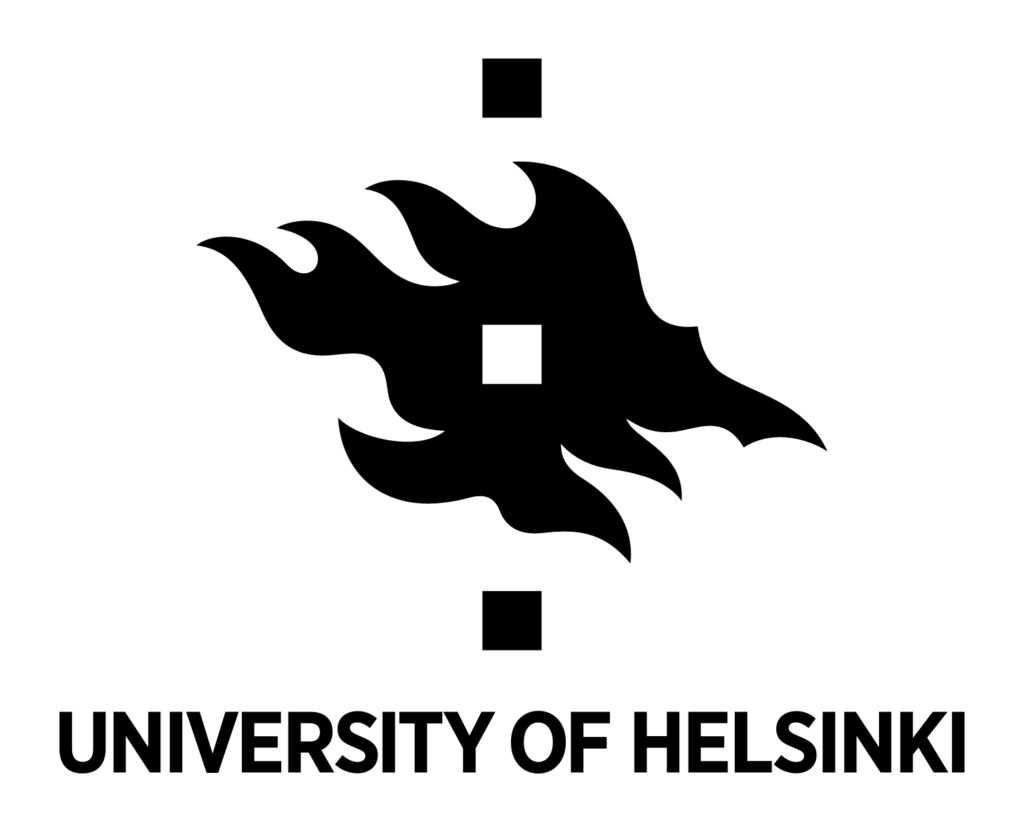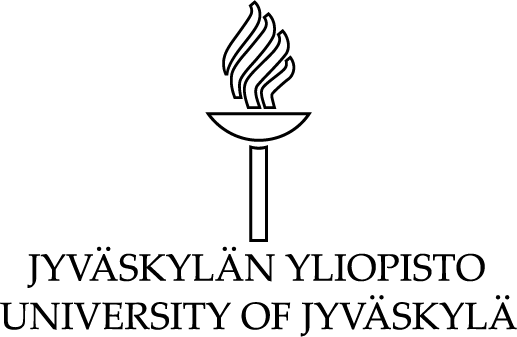Finding the numbers to unlock cleaner air
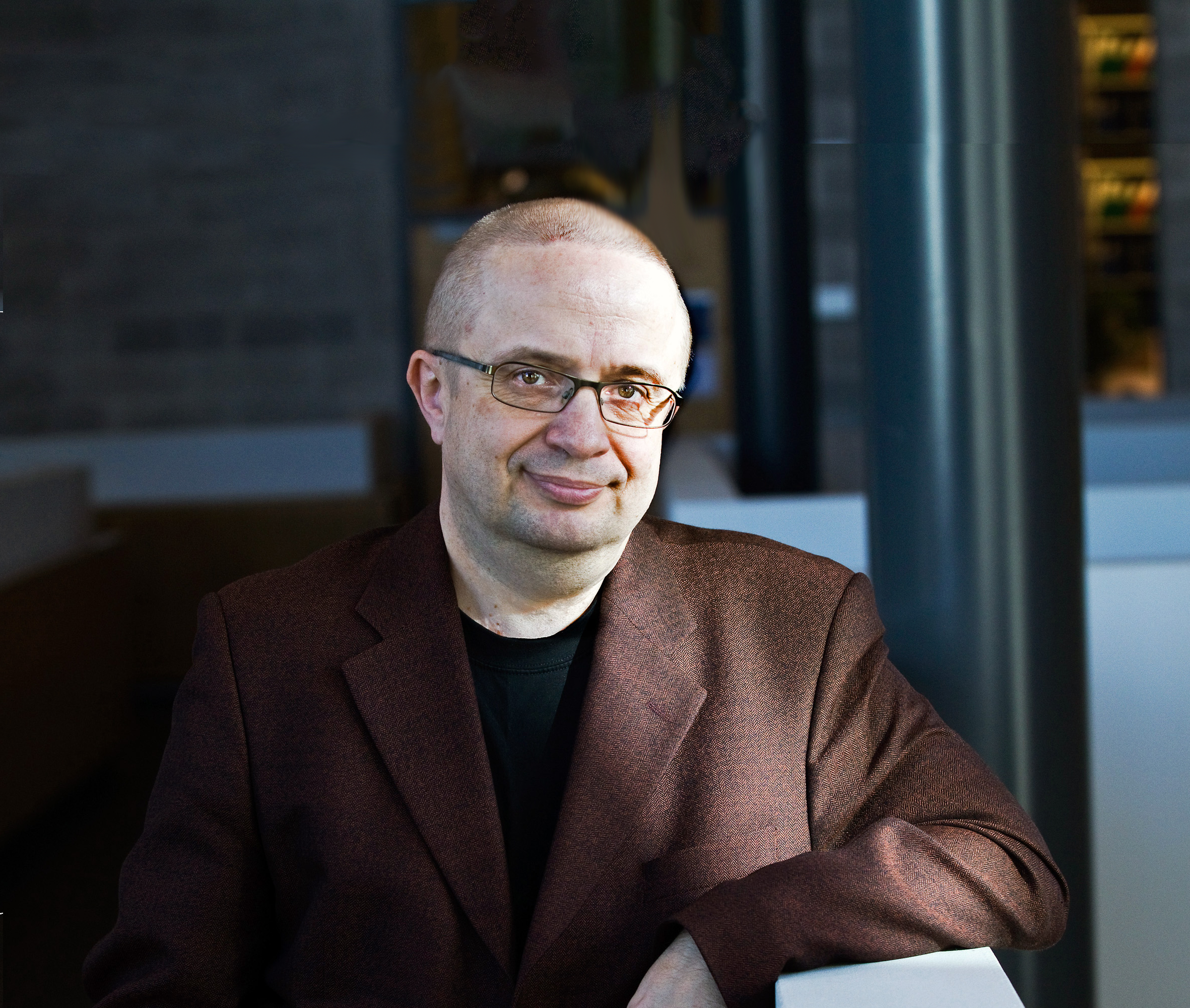
Leading expert on aerosol and environmental physics Professor Markku Kulmala on why the whole world needs to work together to provide data to solve pollution and the climate crisis
Human activities have long hampered the air around us from performing its function of sustaining life. Poor global air quality is responsible for some seven million premature deaths per year, extensive crop loss and declines in biodiversity. Gaseous pollutants and particulate matter contribute directly to climate change.
But to fully understand why this is happening and what to do about it, Professor Markku Kulmala, of the University of Helsinki, believes we need a more comprehensive approach to gathering air quality and climate data, around the globe.
“Everyone needs to come on board, as this truly determines our collective existence. We need countries from all continents – a global observatory of sorts.” says Kulmala.
Kulmala and his team, who carry out world-leading research into the air and atmosphere, have found that air quality and climate interactions are varied and highly complex phenomena. Polluted air, for instance, can have very different effects in different local areas.
“My entire work is data-centric, as data is the bedrock of all scientific research,” says Kulmala, the most cited geoscientist on the planet, “We don’t want skewed data, but information that includes as many countries and regions as possible, using the relevant measurement criteria.”
Professor Kulmala believes that a more collaborative, on-the-ground approach to information collection will lead to the development of new types of datasets. Things that go well beyond satellite data to get a truly deep understanding of processes and interactions in the local and global atmosphere and how they can change our daily lives and even jobs.
How air quality data affects economics
More than 90% of urban dwellers are subject to air quality levels above the WHO-issued global air quality guideline value. Professor Kulmala has observed how bad air quality has damaging implications for financial well-being as well as health – something that the harvesting of more data is increasingly uncovering.
He has studied complex datasets to reveal how it affects the Human development index (HDI) and Gross Domestic Product (GDP) of countries, impacting things like agriculture and water supply.
“Having collected satellite data and ground station air pollution data for so many years, we have been able to provide a global perspective of pollutant trends over economic trends in similar regions with identical populations.”
The impact of COVID-19
Lockdowns of transport systems, office blocks and factories during the pandemic provided a unique opportunity to really see the difference humans make to air quality.
Here again, more coordinated data harvesting is needed. “The reduction in traffic and industry had both socioeconomic and environmental impacts that are yet to be fully quantified,” says Kulmala.
“But we find that, after accounting for meteorological variations, lockdown events reduced the population-weighted concentration of nitrogen dioxide and particulate matter levels by half in the countries we studied.”
It will take much more multidisciplinary scientific investigations to provide insights into the interplay of anthropogenic emissions of air pollutants, local meteorology and atmospheric chemistry in the context of developing urban air quality management.
A positive data outlook?
Professor Kulmala believes there needs to be a paradigm shift in how air-pollution and climate challenges are addressed by governments, companies and societies, especially given the growing urbanization and population of the world.
“Right now, our models show that we cannot continue polluting the atmosphere like we have over the past 20 years and expect to have a habitable earth in the near future. The dangers are apparent.
“But it’s not too late to start to turn the tide.”
A sustainable world can be delivered to future generations if we make the right decisions over the next two decades, Kulmala argues. “I’m very positive that we can establish core centres to observe big data to help us prepare for what lies ahead. We really can save this planet.”
“We need to remember that we share the earth with other life forms, and our actions have implications for them too. I genuinely hope that we are able to soon start to see the required decrease in CO2 concentrations before I’m too old.”
Professor Markku Kulmala was speaking on the green transition at the Millennium Innovation Forum 2022, 26 October, at Marina Congress Center, Helsinki.
“I’m delighted to have been invited to be a part of the Millennium Innovation Forum. I look forward to sharing my thoughts on climate change, air quality, Covid and the importance of comprehensive observations”

